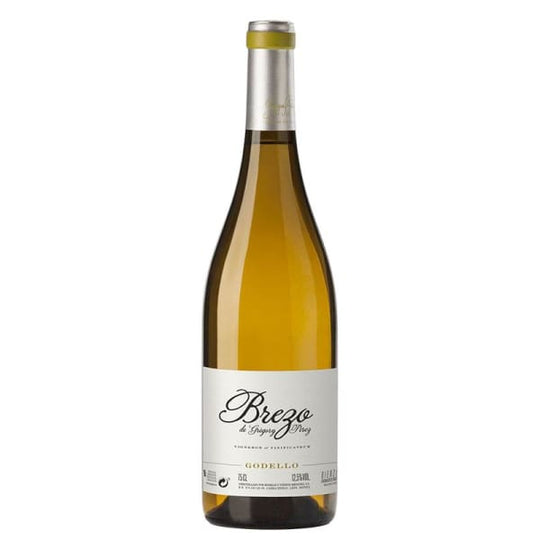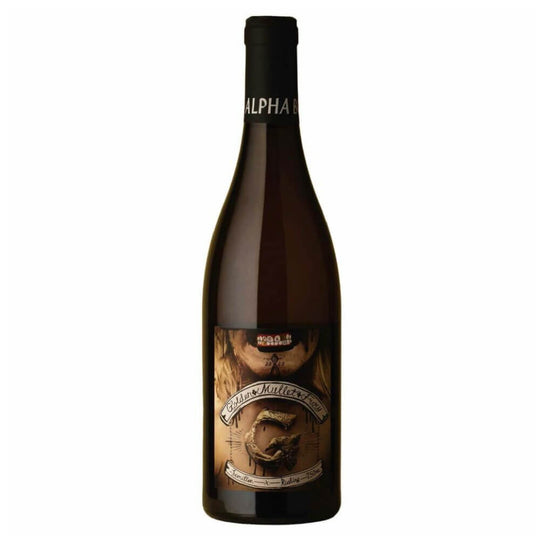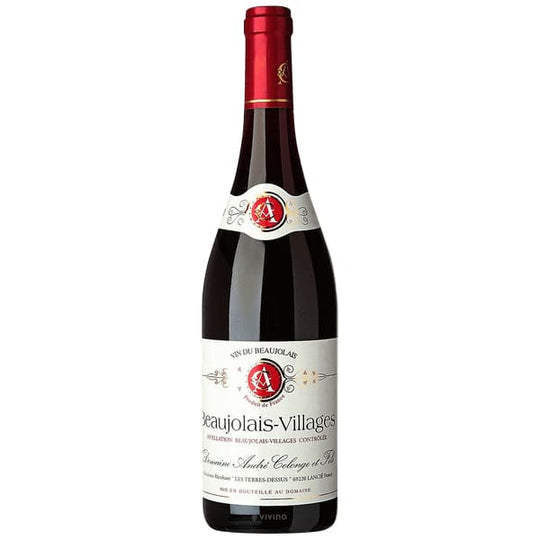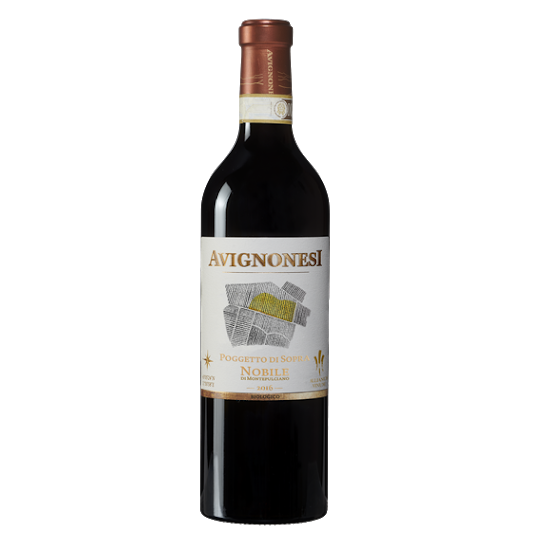Vegan Wines
Vegan wines are made without the use of any animal products.
Traditionally, animal products have been used during the fining process. Most winemakers choose to clarify and stabilise their wines before they are bottled by using a practice known as fining. There are sound reasons for doing this: fining a wine not only makes a wine look clear, it also lowers the risk that it will take on unwanted flavours and aromas in the bottle before it is opened.
Vegan wines are made without the use of any animal products. Traditionally, animal products have been used during the fining process. Most winemakers choose to clarify and stabilise their wines before they are bottled by using a practice known as fining. There are sound reasons for doing this: fining a...
Read More
























